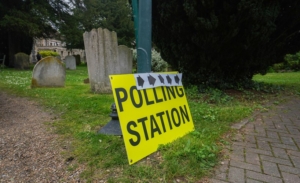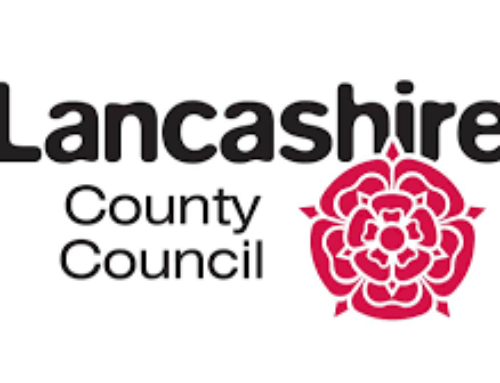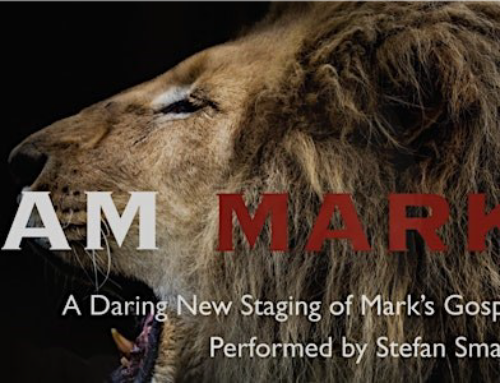IN THE first week of campaigning for the General Election, charities set out their policy wish lists, and Churches encouraged their members to participate fully in the democratic process.
Churches Together in Britain and Ireland has provided a guide with ideas and advice for churches on organising a hustings.
The co-presidents of Churches Together in Somerset called on churches to organise hustings and to engage fully with the electoral process. They also urged people to register to vote by 18 June, and be ready to produce their photo ID at the polling station — the first time that this has been required in a UK General Election.
Last year, the Bishop of St Albans, Dr Alan Smith, warned that the new requirement was “likely to adversely affect the poorest and the most marginalised” (News, 31 March 2023). People without an accepted form of ID can apply for a free “Voter Authority Certificate”; but Dr Smith suggested that those who did not already have a passport, driving licence, or other accepted form of ID might well be unaware of the new rules.
The Evangelical Alliance (EA) released election resources, and urged Evangelicals to pray for politicians, and to consider what their faith “has to say about key issues facing the UK and our world”. Recent research by the EA suggests that there is “no monolithic Evangelical vote”, but that support is spread in roughly the same proportion as in the general population (News, 10 May).
Analysis of voting intentions by the think tank Theos suggests that “nominal” Anglicans tend towards the Conservative Party, but that regular Anglican churchgoers are more likely to support Labour or the Liberal Democrats (Comment, 17 May). Both studies suggest that Christians are more likely to vote than people who are not religious. The EA survey reported that 93 per cent of respondents had said that would definitely vote, or were likely to.
Minutes after the Prime Minister announced the election, the Archbishops of Canterbury and York issued a statement calling on Christians to get involved, and to help to maintain civility in midst of the political debate (News, 24 May).
Last Friday, the charity CARE (Christian Action, Research, and Education) opened an online platform, “engaGE24”, hosting election resources, including a podcast and interviews with a cross-party selection of Christian MPs.
Among the policy announcements in the first week of campaigning, the Conservative pledge to reintroduce National Service attracted the most attention. This included criticism from within the Party and the defence Establishment, as well as from the Opposition and from pacifist organisations, including the Fellowship of Reconciliation and the Peace Pledge Union.
The Fellowship’s director, John Cooper, said on Sunday that “the abuse of humanity found in warfare is not something to train future generations in.” His organisation would “continue to support those whose faith leads them to object to conscription into the armed forces”.
Comment: Alison Webster offers ideas for how Christians should approach election season







